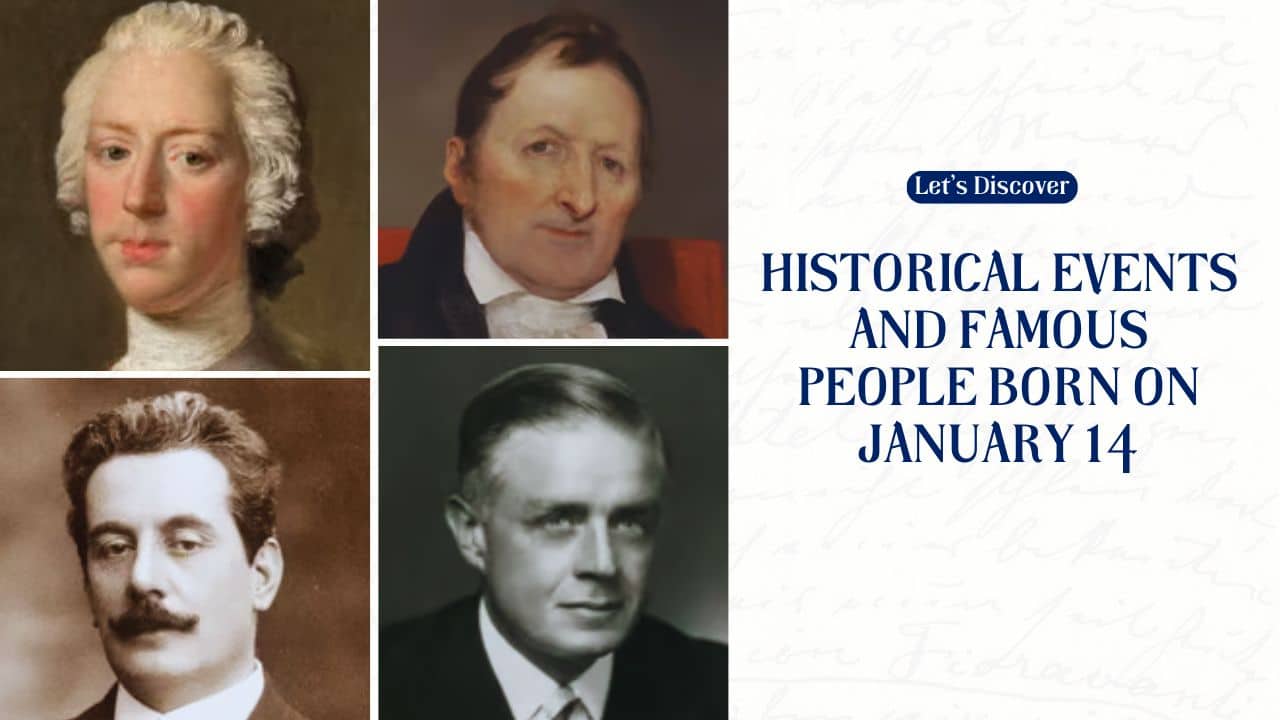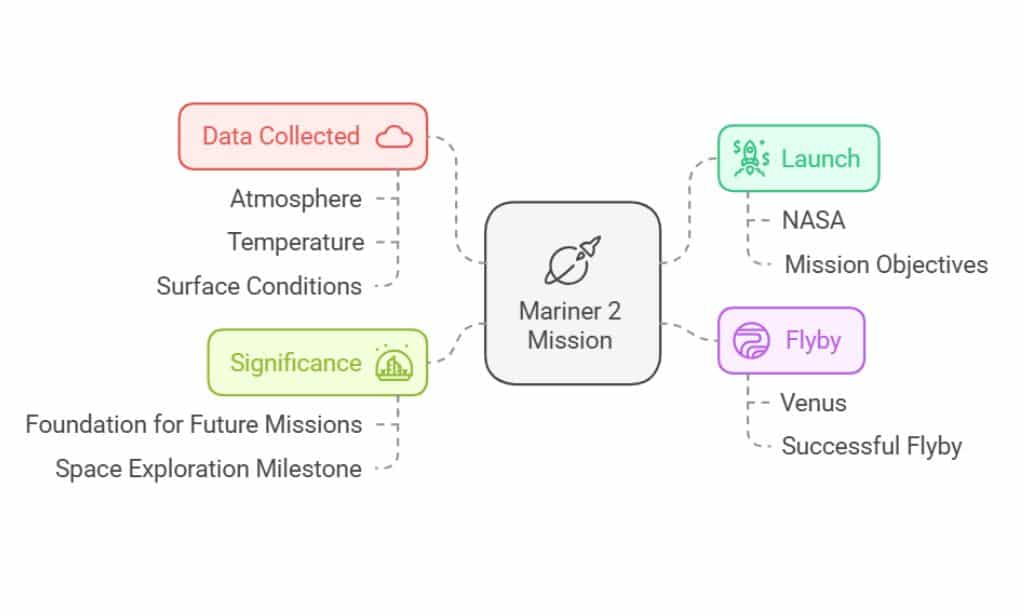January 14 has witnessed several remarkable events in history and is also the birthdate of influential individuals who have left an impact on the world. This article explores key historical events that occurred on this day and introduces famous personalities born on January 14.
From discoveries to groundbreaking achievements, January 14 is a day of significance.
Historical Events of January 14
1. Ratification of the Treaty of Paris (1784)
On January 14, 1784, the United States Congress ratified the Treaty of Paris, officially ending the American Revolutionary War. The treaty was signed on September 3, 1783, but its ratification marked the formal recognition of the United States as an independent nation by Great Britain.
The treaty outlined the boundaries of the new nation and secured fishing rights for American fishermen. It also addressed debts and property disputes. This event was a milestone in American history, as it solidified the country’s independence and set the stage for its future.
2. Establishment of the First UK Prime Minister (1721)
While not officially titled “Prime Minister,” January 14, 1721, marks the beginning of Robert Walpole’s tenure as First Lord of the Treasury. He is considered the first de facto Prime Minister of Great Britain due to his influential leadership and consolidation of power.
Walpole served for over two decades, shaping the role of the Prime Minister and modernizing British politics. His tenure set the precedent for future leaders and established the importance of parliamentary governance.
3. Patent for the Telephone Filed by Alexander Graham Bell (1876)
On January 14, 1876, Alexander Graham Bell filed an application for the invention of the telephone. This groundbreaking device revolutionized communication, allowing voices to be transmitted over long distances.
Bell’s invention paved the way for the development of modern telecommunications. His work not only changed how people communicated but also spurred technological advancements that continue to shape the world today.
4. Mariner 2 Mission Ends (1963)
NASA’s Mariner 2 mission, the first spacecraft to successfully fly by another planet, ended its mission on January 14, 1963. Launched on August 27, 1962, Mariner 2 passed by Venus and collected valuable data about the planet’s atmosphere, temperature, and surface conditions.
This mission was a significant achievement in space exploration, proving that interplanetary travel was possible and laying the groundwork for future missions to other planets.
5. The “Day of the Flag” in Georgia (2004)
On January 14, 2004, the state of Georgia in the United States adopted a new state flag. The design was modeled after the first national flag of the Confederacy, often called the “Stars and Bars.” This change followed years of debate over the symbolism of the previous flag, which featured a Confederate battle emblem.
The new flag’s adoption marked a compromise in the ongoing discussion about history, heritage, and inclusivity in Georgia.
Famous Birthdays of January 14
1. Benedict Arnold (1741–1801)
Benedict Arnold, born on January 14, 1741, in Norwich, Connecticut, was a general during the American Revolutionary War. Initially serving with distinction for the Continental Army, Arnold is best known for defecting to the British side, making his name synonymous with treason in American history.
Despite his controversial legacy, Arnold’s early contributions to the Revolutionary War were significant, including his leadership in battles such as the capture of Fort Ticonderoga.
| Biography of Benedict Arnold |
|---|
| Born: January 14, 1741 |
| Died: June 14, 1801 |
| Known for: Defection to the British during the American Revolutionary War |
2. Albert Schweitzer (1875–1965)
Albert Schweitzer, born on January 14, 1875, in Kaysersberg, Alsace-Lorraine, was a renowned theologian, musician, and medical missionary. He was awarded the Nobel Peace Prize in 1952 for his philosophy of “Reverence for Life” and his humanitarian work in Africa.
Schweitzer’s dedication to serving others, particularly through his hospital in Lambaréné, Gabon, made him a global symbol of compassion and service.
| Biography of Albert Schweitzer |
| Born: January 14, 1875 |
| Died: September 4, 1965 |
| Known for: Humanitarian work, Nobel Peace Prize (1952) |
3. Faye Dunaway (1941–)
Faye Dunaway, born on January 14, 1941, in Bascom, Florida, is an iconic American actress. She has starred in numerous critically acclaimed films, including Bonnie and Clyde (1967), Chinatown (1974), and Network (1976), for which she won an Academy Award.
Dunaway’s performances have made her one of the most respected actresses in Hollywood history, with a career spanning decades.
| Biography of Faye Dunaway |
| Born: January 14, 1941 |
| Known for: Acting in Bonnie and Clyde, Network, Chinatown |
| Awards: Academy Award, Golden Globe |
4. Hugh Lofting (1886–1947)
Hugh Lofting, born on January 14, 1886, in Maidenhead, England, was the author of the beloved Doctor Dolittle series. These children’s books, featuring a doctor who can talk to animals, have entertained readers for generations and inspired several adaptations.
Lofting’s imaginative stories continue to captivate audiences, emphasizing themes of kindness, understanding, and adventure.
| Biography of Hugh Lofting |
| Born: January 14, 1886 |
| Died: September 26, 1947 |
| Known for: Doctor Dolittle series |
5. LL Cool J (1968–)
LL Cool J, born James Todd Smith on January 14, 1968, in Bay Shore, New York, is a pioneering rapper, actor, and entrepreneur. He is credited with helping to popularize hip-hop music in the 1980s with hits like “I Can’t Live Without My Radio” and “Mama Said Knock You Out.”
In addition to his music career, LL Cool J has acted in films and TV shows, including the long-running series NCIS: Los Angeles. He is also a two-time Grammy Award winner.
| Biography of LL Cool J |
| Born: January 14, 1968 |
| Known for: Hip-hop music, acting |
| Awards: 2 Grammy Awards |
Reflections on January 14
January 14 is a day of historical milestones and the birth of influential individuals who have shaped various fields, from politics and science to arts and entertainment. Events like the ratification of the Treaty of Paris remind us of pivotal moments in history, while the accomplishments of people like Albert Schweitzer and LL Cool J inspire us to strive for greatness.
Takeaways
January 14 highlights the diversity of human achievements and the impact of individuals on history and culture. By reflecting on these events and lives, we gain a deeper appreciation for the progress and creativity that shape our world.
References
- “Treaty of Paris, 1783.” National Archives
- “Robert Walpole: Britain’s First Prime Minister.” BBC History
- “Alexander Graham Bell: Biography.” Encyclopedia Britannica
- “Mariner 2 Mission Overview.” NASA
- Albert Schweitzer: Biography.” Nobel Prize Organization
- “Faye Dunaway: Filmography.” IMDb
- “Hugh Lofting and Doctor Dolittle.” Literature Encyclopedia
- “LL Cool J Biography.” Grammy.com




































